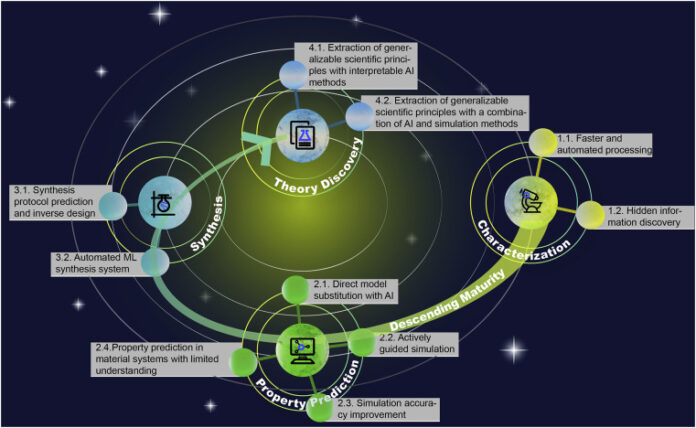From batteries and semiconductors to energy storage, the transition to green technologies requires the development of new, sustainable materials at an unprecedented pace.
German startup Quantistry believes it can fast-track the discovery of such materials using a mix of quantum tech, physics-based simulations, and machine learning. By automating the process, it looks to sidestep the “high costs, fragmented expertise, and slow innovation” inherent to classical R&D.
Quantistry has developed a cloud-based platform powered by small-scale quantum computers and AI, that allows users to determine material and molecular properties in simulation, rather than in real-life.
This removes much of the trial and error in material discovery, enabling companies to focus on developing those materials with the most promise from the outset.
In a vote of confidence for the budding company, it has just bagged €3mn in funding, which includes backing from Chemovator, the business incubator of German chemical giant BASF.
The investment round is led by Ananda Impact Ventures, one of the oldest and most established European impact funds. Quantistry will use the cash to further develop its simulation platform and secure new customers.
Marcel Quennet, CEO of Berlin-based Quantistry, said the company isn’t just looking to speed up industrial R&D, but also make it more accessible to companies who may not have the budget for more traditional, labour-intensive methods.
TNW Conference 2024 – Group ticket offer
Save up to 40% with our Group offer and join Europe’s leading tech festival in June!
“It’s clear: simulations not only transform the industrial R&D landscape but also steer it towards a greener future — yet, they remain out of reach for many.
Together, we’re democratising this technology, shaping the future of chemical R&D and materials science,” said the co-founder, who holds a PhD in Quantum Chemistry.
Quantistry’s new funding round comes amid a surge in AI investment, as companies tap machines to accelerate the development of everything from medical treatments to fusion energy.
The German startup isn’t the only one using AI to speed up material discoveries either. Google DeepMind recently unveiled a deep learning tool that predicted the structure of over 2.2 million crystalline materials — 45 times more than the number discovered in the entire history of science.
Quantistry was founded in 2019 by Quennet and co-founders Arturo Robertazzi, computational chemist and science communicator, and Stefan Kupferberg, finance expert and serial entrepreneur.








